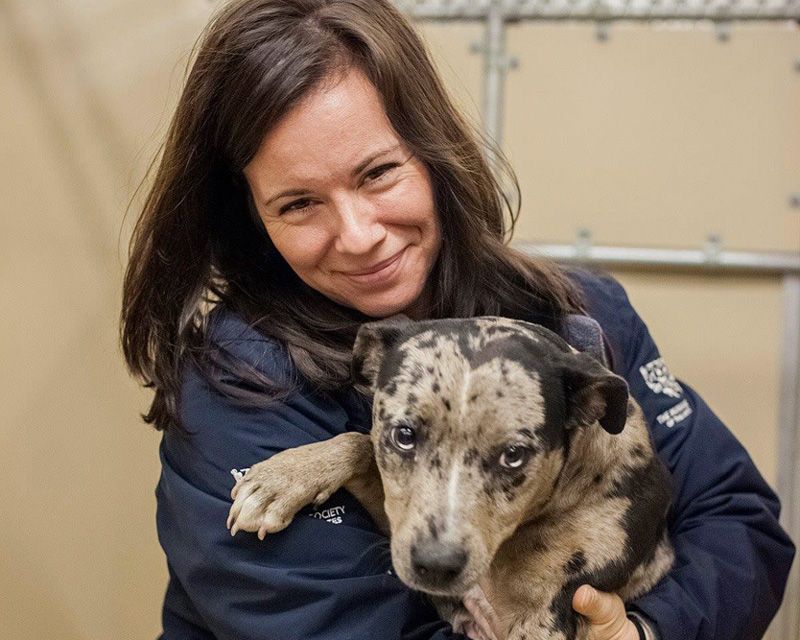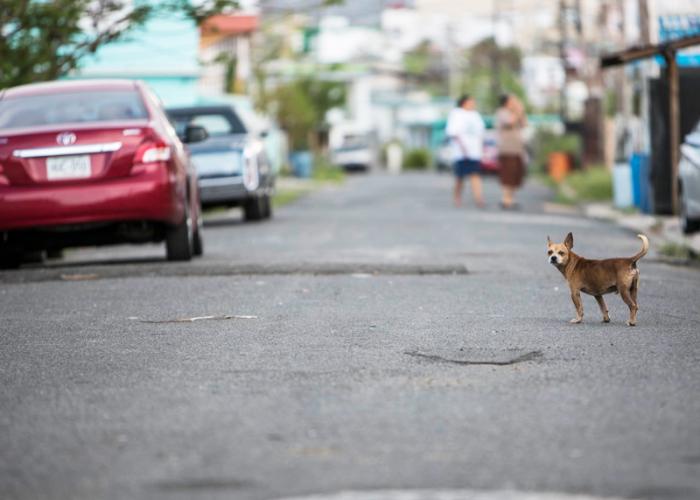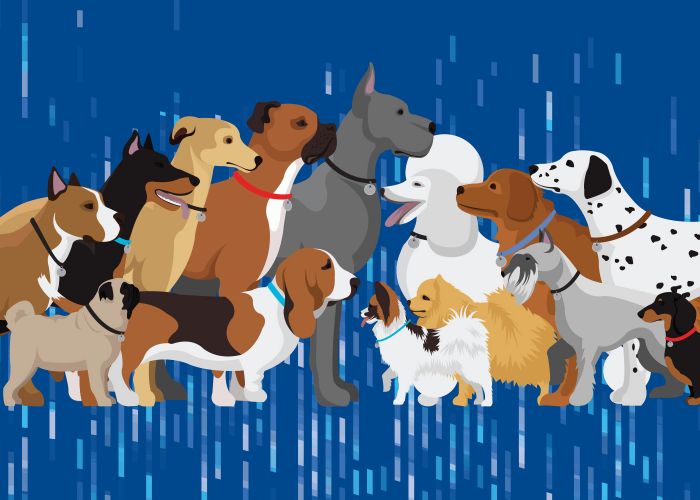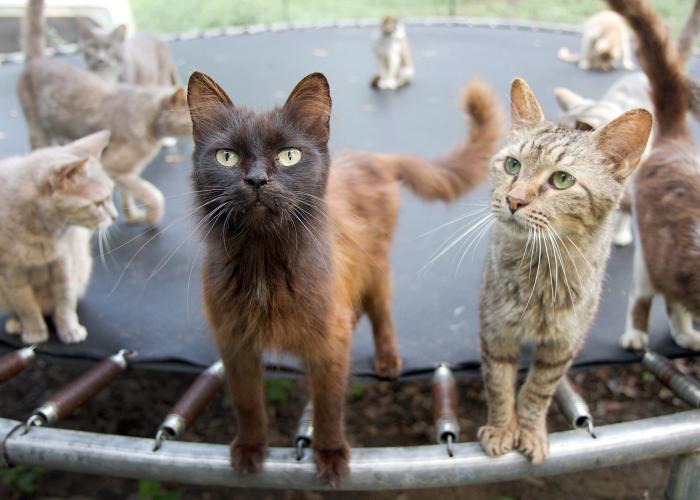A word from us

It's hard to believe that 2018 is already coming to a close. What an incredible year it has been for shelter pets and those who care for them. From exciting new innovations and lifesaving programs to transports taking to the sky, shelter pets are benefiting from your relentless determination to find them loving homes. I hope that you can all take a moment this holiday season to look back on your amazing accomplishments.
In 2018, some shelters across the country experienced a cat shortage. Yes, I said a cat shortage! Our friends at Wings of Rescue and many other transporters (including the Humane Society of the United States’ Shelter Ally Project) were actually receiving requests for cats and kittens, even during kitten season. Destination shelters were running out of dogs shortly after each transport. It seems that a home for every adoptable pet may be on the horizon.
In July, the HSUS hosted a transport summit in Tulsa, Oklahoma. The goal was to look at the entire country and understand where we can collaborate more, where support is lacking and areas where there is significant overlap among transporters. For more than eight hours, representatives of the HSUS, ASPCA, Watershed Foundation, Maddie’s Fund, Petco Foundation, PetSmart Charities, Humane Society of Wisconsin, St. Hubert’s Animal Welfare Center, Kentucky Humane Society, Humane Society of Tulsa, Wings of Rescue, GreaterGood.org, Doobert and Atlanta Humane Society sat and discussed transport. There was a large map in front of the room where each group marked its areas of focus and concern. The picture that emerged was stunning! There is in fact immense collaboration taking place among animal shelters, and lifesaving capacity is drastically increasing through strategic planning of transfers.
Shelters are also getting creative with finding homes for their long-term residents. Matt Pepper, executive director at Michigan Humane Society, shared with me that his organization is switching pets among its three adoption facilities, and the results are fantastic. Diversifying the population in shelters increases adoptions—it’s a fact! One dog who had been in one facility for over a month was adopted within a couple days of his move to another MHS facility. Michigan shelters are now looking at the possibility of an intrastate transport program to increase animals’ adoption opportunities.
I cannot possibly list all of the exciting and innovative programs you all implemented in 2018, but I can say the HSUS companion animals team can’t wait to see what you do in 2019! And we’re eager to help you connect: If you’re not already part of our Shelter and Rescue Partners network, please consider joining. Our partners assist with field rescues, take in victims of cruelty and neglect, and help shelters in need. The vast, collaborative network is growing and now at nearly 350 shelters, rescues and transporters. For more information, email me at kalboum@humanesociety.org.








